I want to share with you all an essay that has been particularly influential on my way of thinking, kind of a skeleton key for how I think about a lot of issues of surrounding male sexuality, and one that might also serve as an entry point into people’s individual inquiries into theory generally or queer theory more specifically.
I encourage you to read the whole thing if you’re at all interested, but this is a work of literary theory. Sedgwick is interested in analyzing the literature of a time in which the conceptualization of homosexuality was changing, and drawing conclusions from them. It’s all great stuff, but I understand not everyone here may find extended analyses of Thackery and Henry James to be their cup of tea, so I’m going to restrict myself to glossing the first section which summarizes most of the key theoretical concepts that she uses in her analysis.
Sedgwick starts off by discussing the work of Alan Bray in order to situate the historical perception of homosexuality in England. Prior to the 19th Century, homophobia was intense, but also theologized, a manifestation of the ultimate disorder and the Antichrist, but simultaneously not something highly relevant to people’s everyday lives: “sodomy was … not an explanation that sprang easily to mind for those sounds from the bed next to one’s own – or even for the pleasure of one’s own bed” (Sedgwick 184). This began to change as the eighteenth century gave way to the 19th as a much more secular and psychologized homophobia began to develop. Readers of Foucault will note that he makes a very similar argument in The History of Sexuality, and indeed Sedgwick references him later in the essay.
This shift coincided with new kinds of persecutions. Gay men had long been subject to “‘pogrom’-like” legal persecutions, which had a disproportionate effect due to their random nature, but now, with this new secular homophobia, all men, whether gay or not, became unable to determine whether their bonds with other men were free of any homosexuality. Thus this relatively small-scale legal violence could now have an effect that ramified out through society at large. Sedgwick calls this “homosexual panic”: “The most private, psychologized form in which many … western men experience their vulnerability to the social pressure of homophobic blackmail” (185). It is precisely because what is “homosexual” as a concept is arbitrary and forever shifting, unable to be pinned down, that a man can never be totally certain that he is clear of it and the consequences that come from being labeled with it. This is particularly true in the 19th century because “the paths of male entitlement required certain intense male bonds that were not readily distinguishable from the most reprobated bonds” (185). On one hand, society virtually mandated intense male bonds (boarding schools, the military, etc.), but on the other hand, absolutely forbade that these bonds cross over into homosexuality, ensuring continual anxiety on the part of men about their relationships transgression this invisible and constantly shifting boundary: “In these institutions, where men’s manipulability and their potential for violence are at the highest possible premium, the prescription of the most intimate male bonding and the proscription of (the remarkably cognate) ‘homosexuality’ are both stronger than in civilian society–are, in fact, close to absolute” (186).
If you’ve ever wondered why many all-male institutions (sports, the military, etc.) are on one hand virulently heterosexual and homophobic, yet, on the other hand, homoerotic or in some undefinable sense “gay,” this is why. These institutions mandate close bonds while absolutely forbidding them from being erotic in nature, in a way that casts a constant shadow of homosexuality over them. In turn, these institutions and the individuals involved must be at pains to constantly assert their heterosexuality to the extent that it in turn calls their straightness into question. “The lady doth protest too much, methinks.” All male relationships stand under the shadow of homosexuality by their very nature. The desire for intimacy between men, whether enforced or not, is always under the shadow of the prohibition of becoming too close. Meanwhile the constantly shifting and arbitrary nature of “homosexuality” keeps men from becoming to comfortable that they are safely outside boundaries of the dreaded gayness. Is wearing your hair long gay? Maybe! Dressing nice? Maybe! Washing your ass? Maybe! Having sex with a woman? Quite possibly! Who knows? Paradoxically it is only the openly homosexual man that is free of this double bind.
This essay is particularly influential in queer literary theory, because it provides a framework for understanding the queerness inherent in texts that are not explicitly gay. Wherever men are, homosexuality follows them, relentlessly, inescapably. Those characters, good friends, is it truly totally platonic? Those two enemies whose hate for one another consumes them, say Batman and Joker, is there not something a bit erotic about their all-consuming obsession for each other? The domain of queer theory, then, is not merely the ghetto of officially queer texts, but rather everywhere. The very act of censoring, silencing and excising homosexuality from art only ensures that it is paradoxically ever present and inescapable, and this is true of the world, not only of the text.
I’ve long been interested in trying to expose people to a broader conception of theory on here (I’ve been" threatening to write an essay on what "The Death of the Author actually says for a long, long time  ). If this stuff is interesting to you, let me know. I'm also trying out the crossposting feature so if I've messed that up let me know.
). If this stuff is interesting to you, let me know. I'm also trying out the crossposting feature so if I've messed that up let me know.
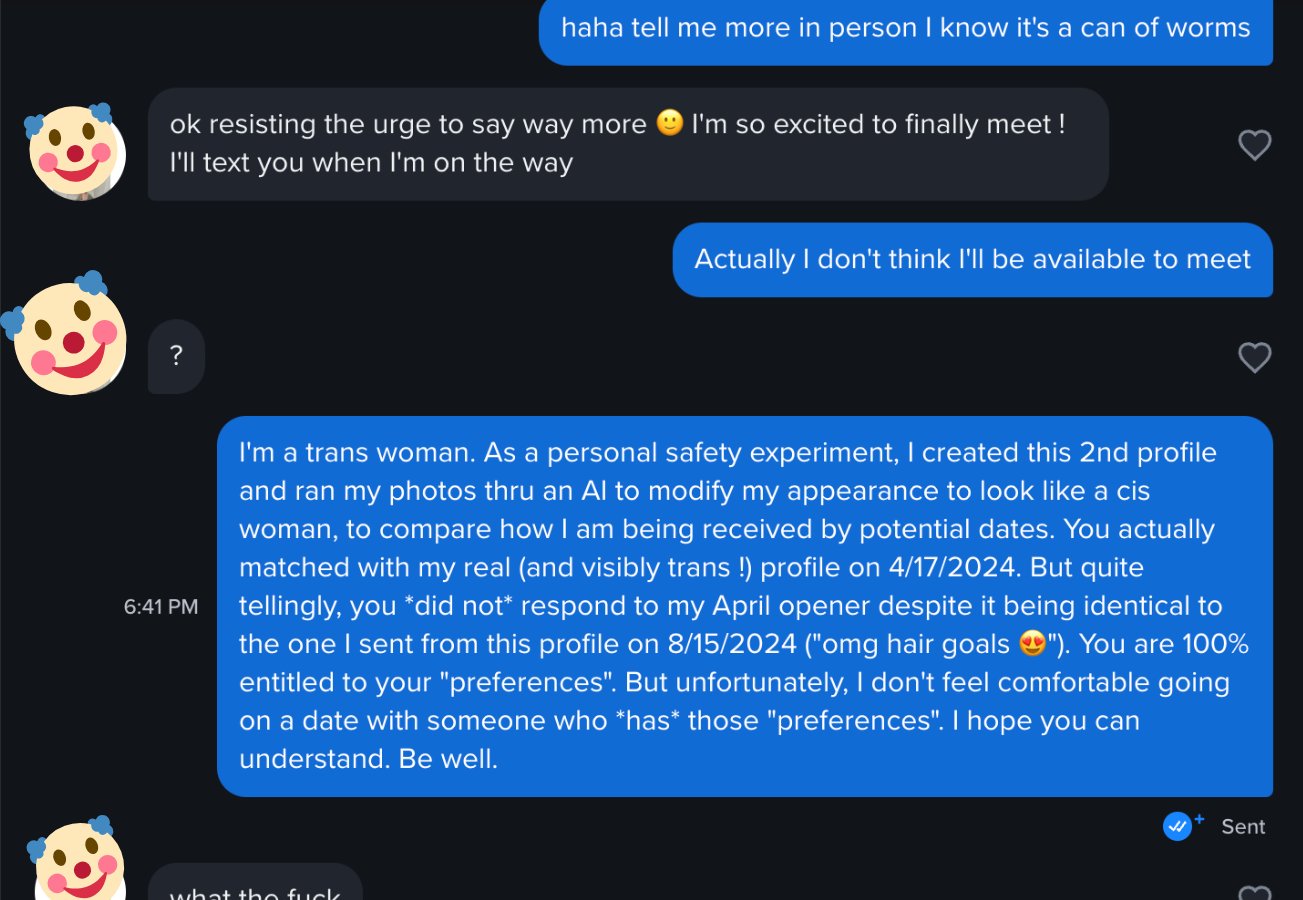


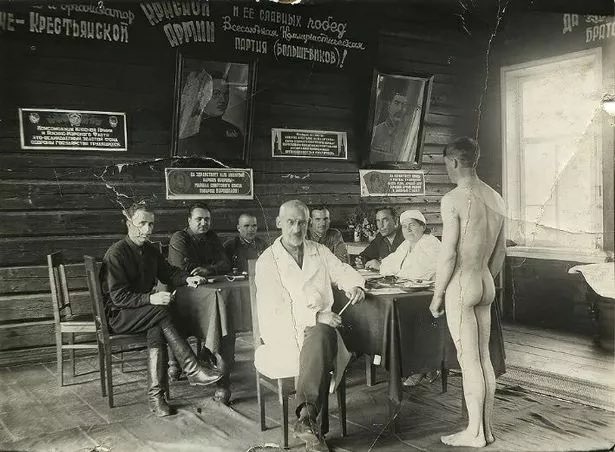
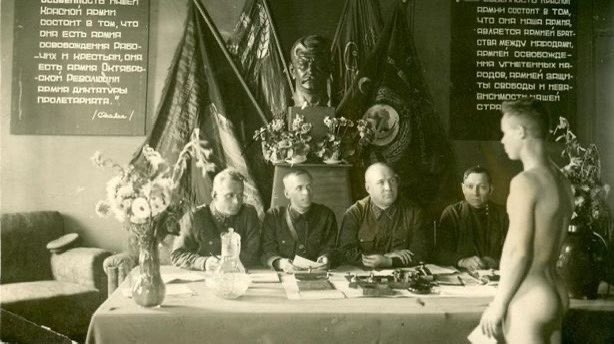
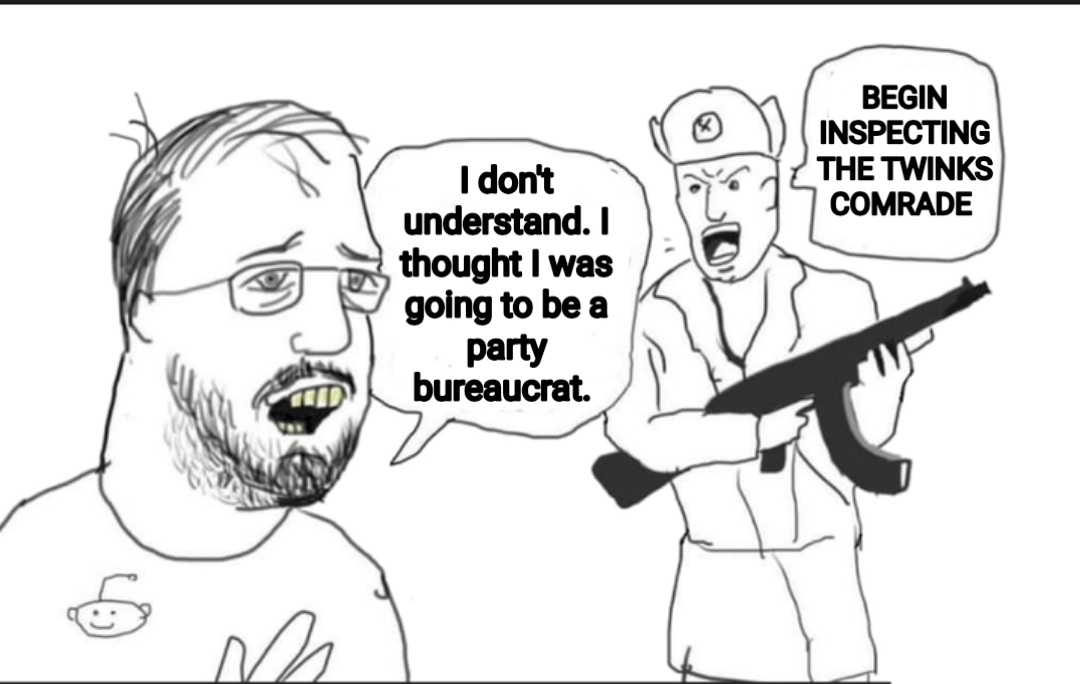

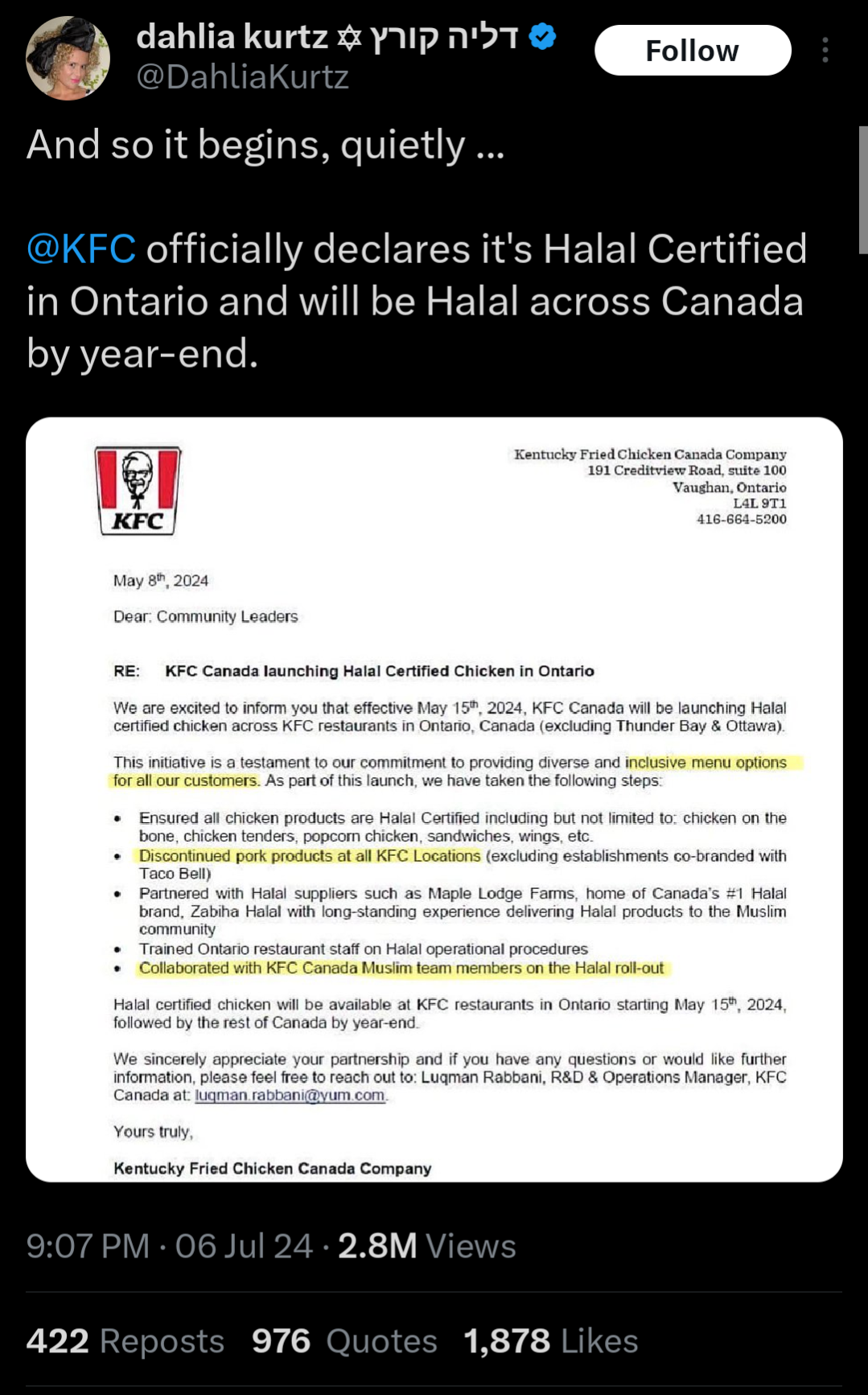

 it goes well
it goes well
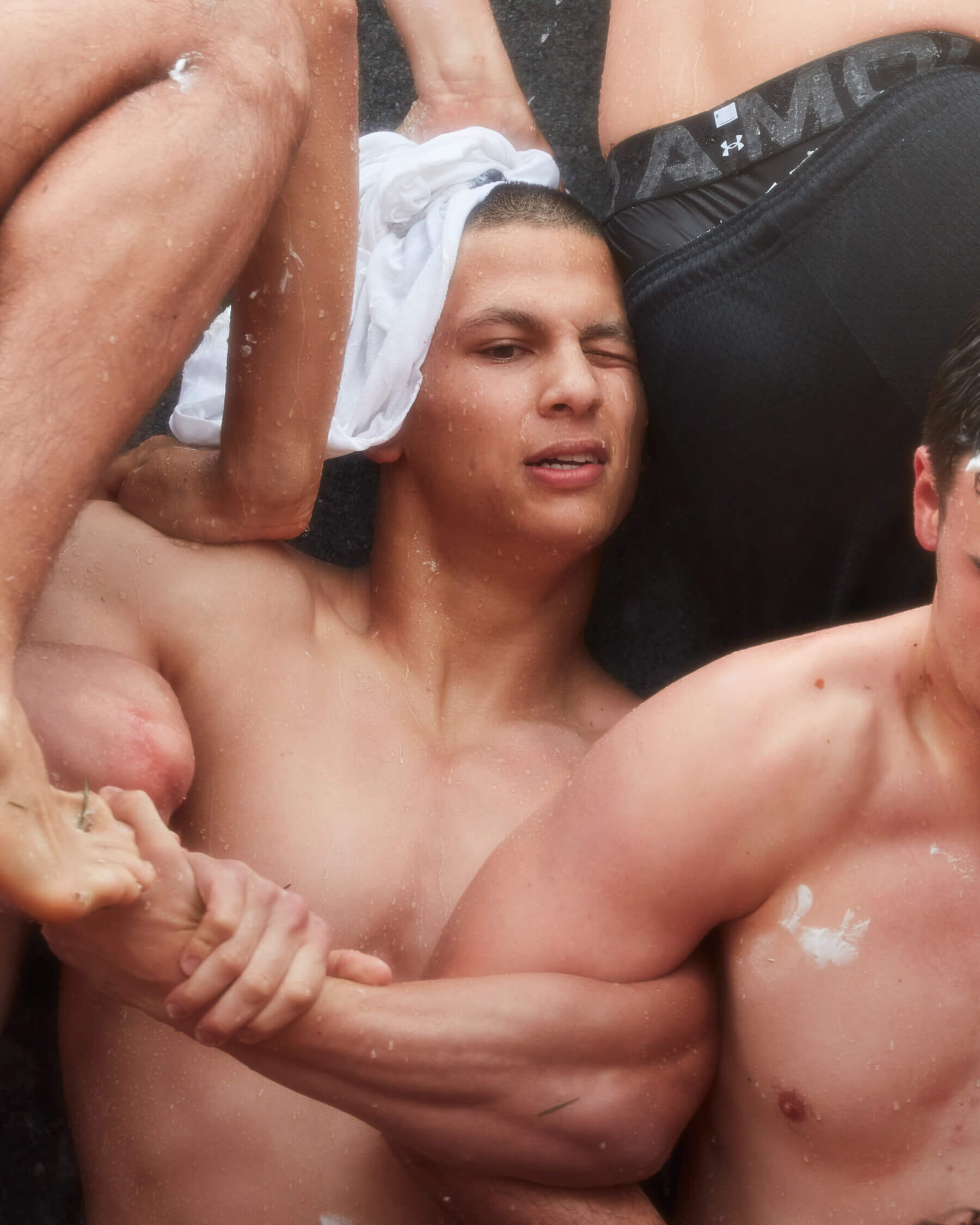

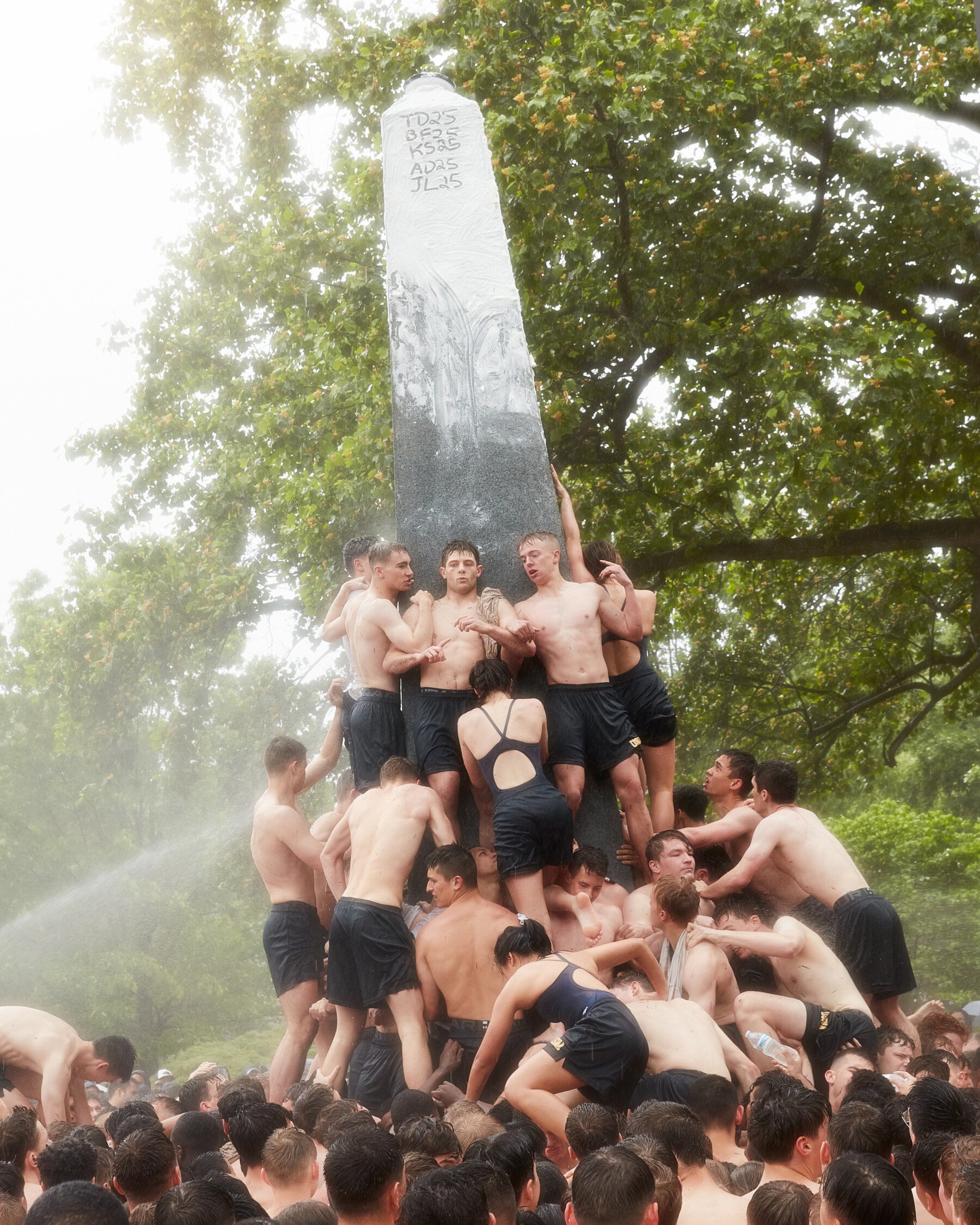
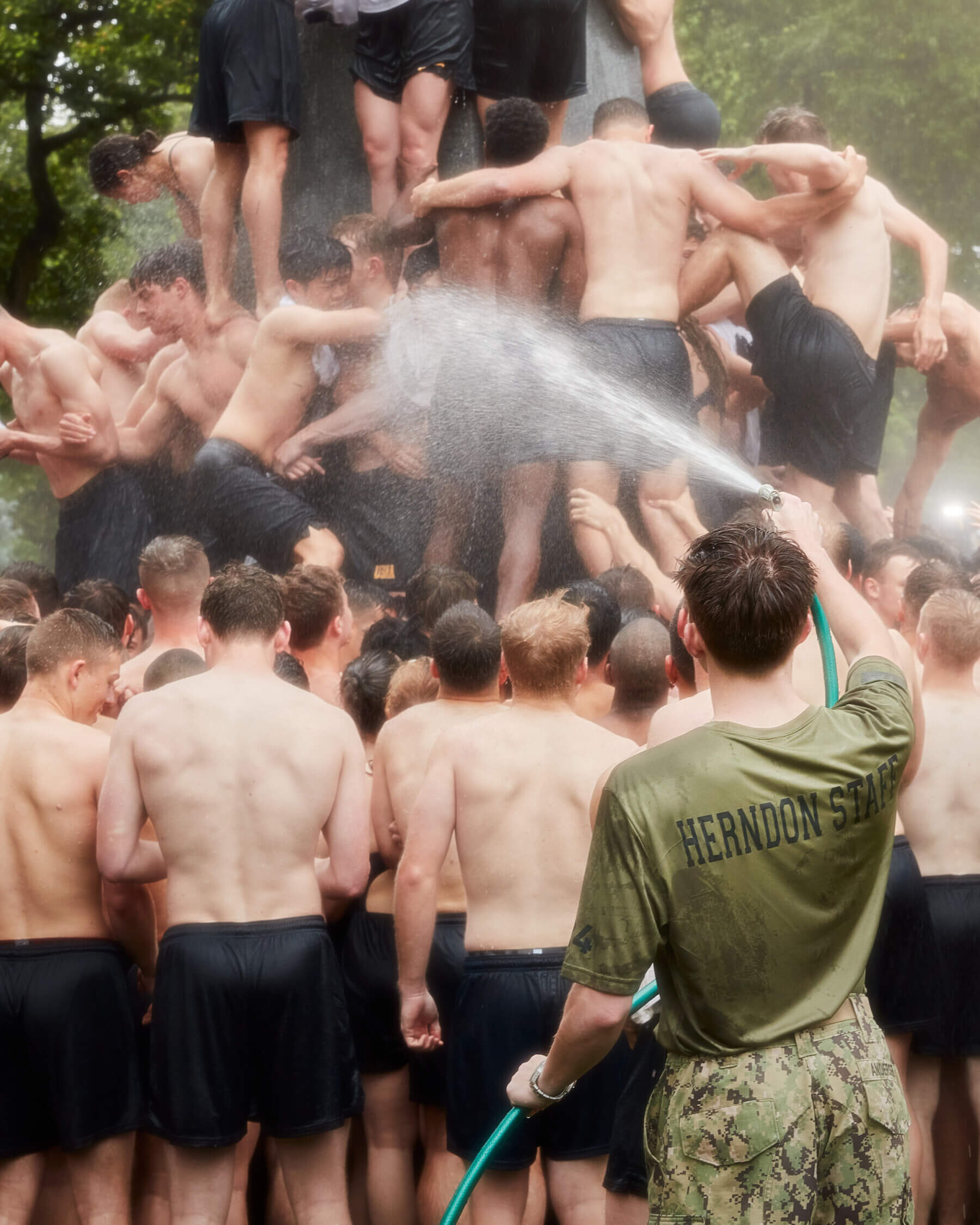




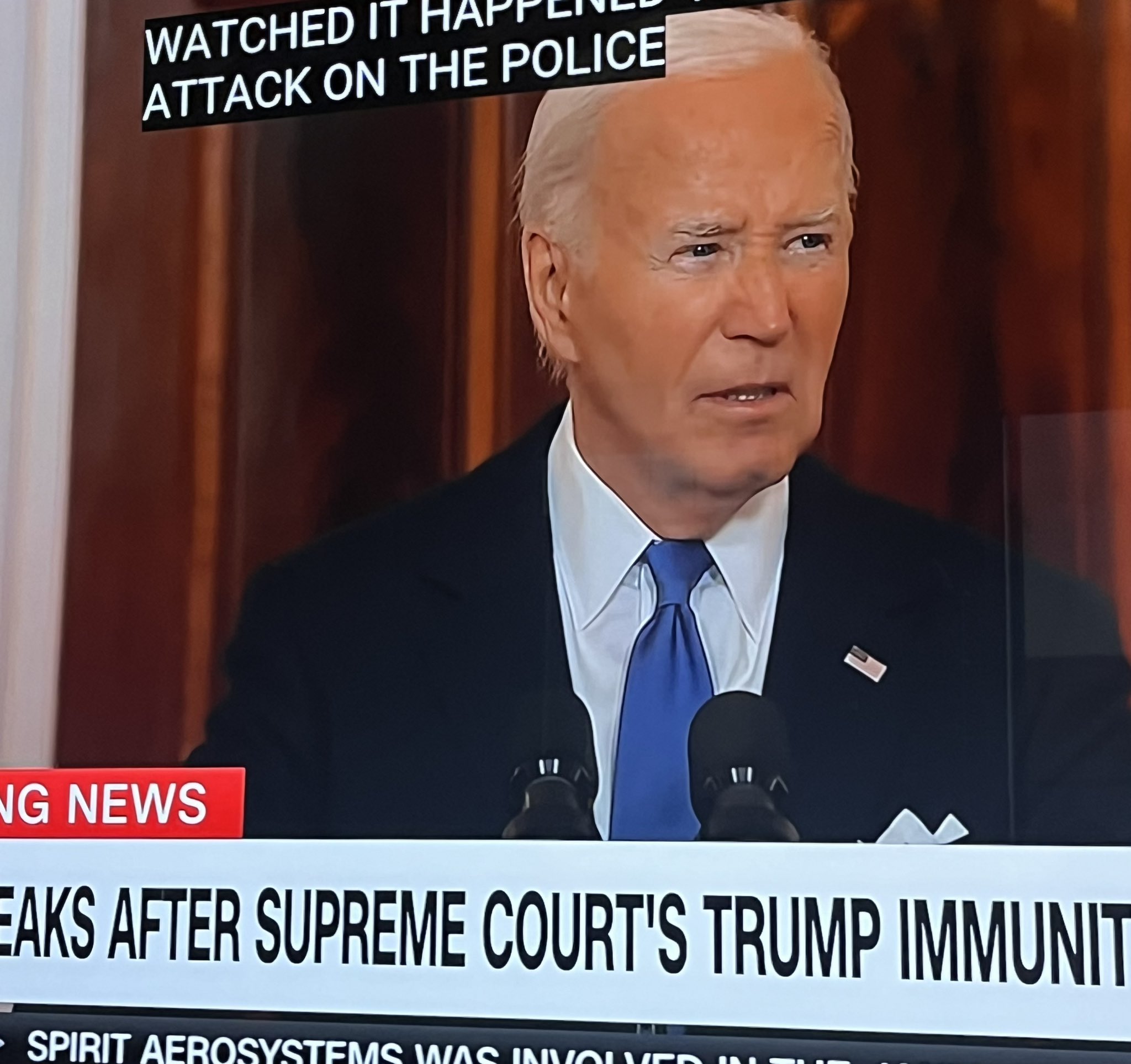
 ). If this stuff is interesting to you, let me know. I'm also trying out the crossposting feature so if I've messed that up let me know.
). If this stuff is interesting to you, let me know. I'm also trying out the crossposting feature so if I've messed that up let me know.
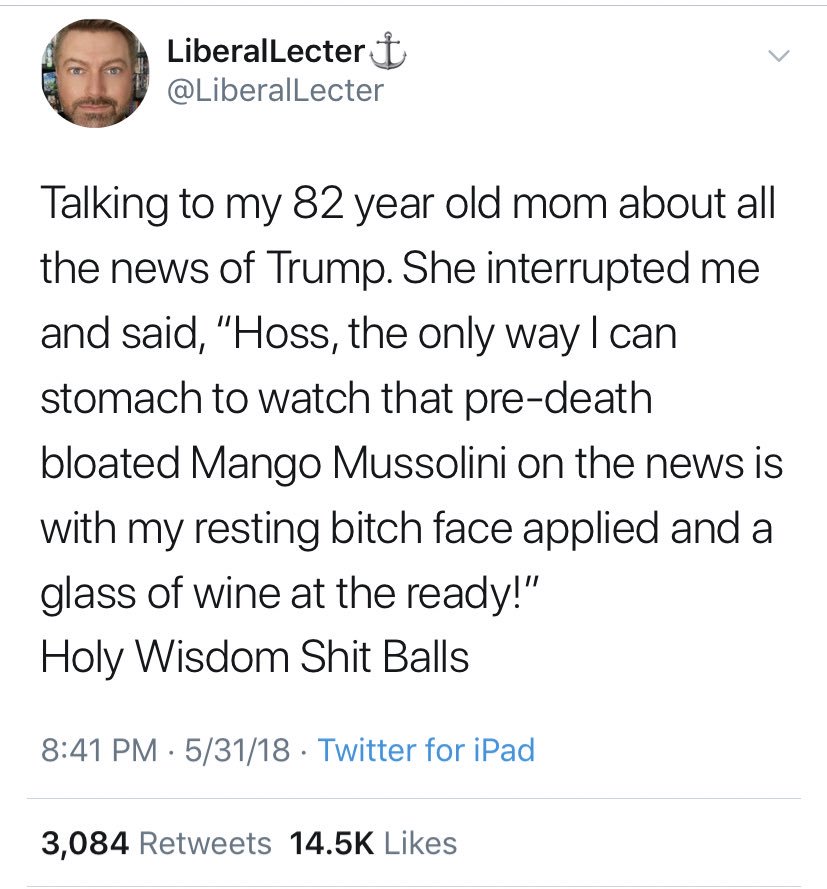
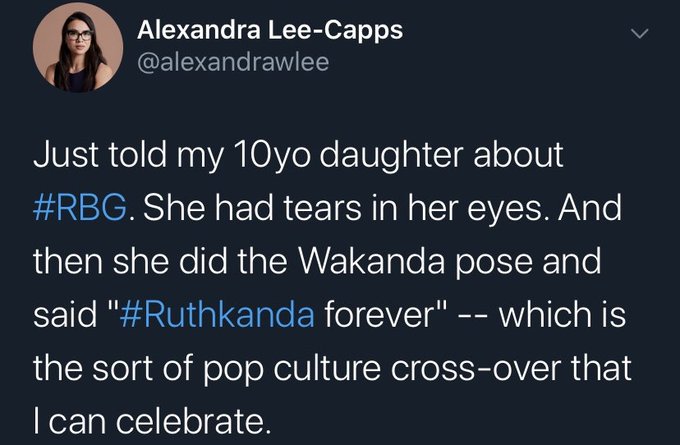
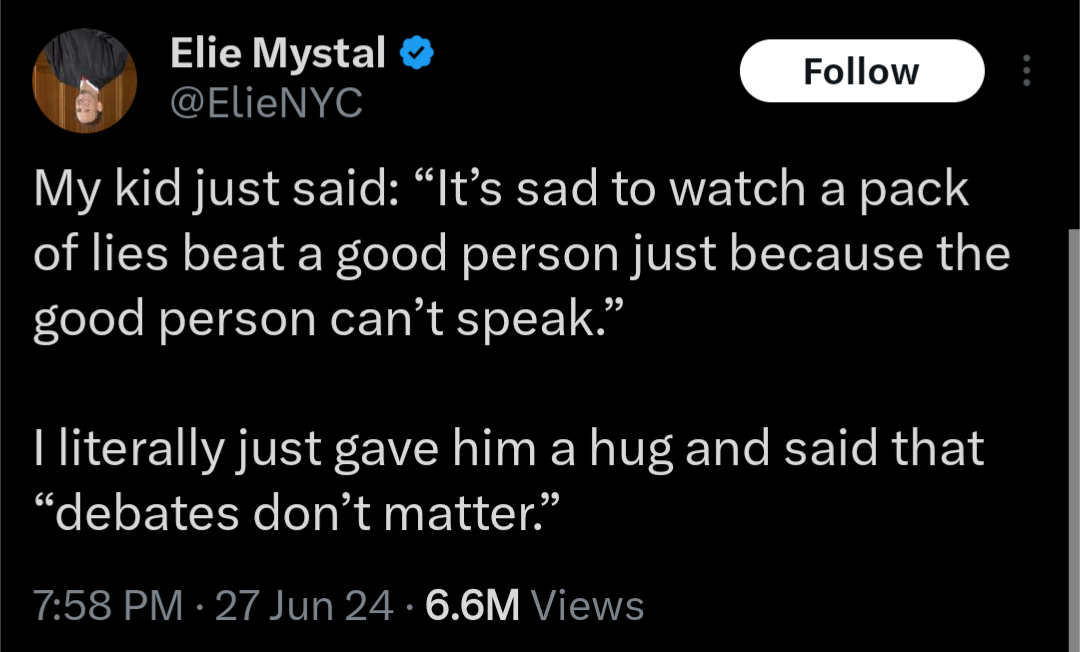
Hell yeah comrade